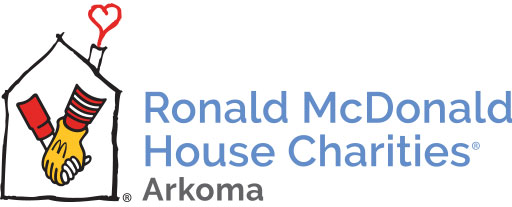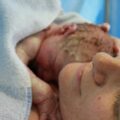
First Years Lessons - Vol. 1, No. 1
Quarantine Cuisine: Eating Well During a Pandemic, and Why It Matters For You and Your Baby
Whether you’re quarantined at home or at the hospital, you may be finding it difficult to eat well. Aside from providing the essential energy that our bodies need to function (we’ll get to that more in a minute), it has so many symbols and emotions attached to it: congratulations, support, celebration, and comfort, just to name a few.
What’s the first thing that friends and family members do when new parents arrive home from the hospital with their baby? Bring food. Under normal circumstances, you’d likely arrive home to some form of “meal train” with a line of visitors anxious to welcome you home with some sort of edible symbol of love. Unfortunately, the celebratory casserole will have to wait, either due to a virus, the early arrival of your sweet bundle of joy, or both. It’s a bummer, and we’re here to tell you that it’s okay to feel that way, and it’s okay to say it out loud.

You’re probably thinking “Okay, so what do I do?” The answer is, do the best you can with what you’ve got…same as anything else in life. These are trying times, and the uniqueness of your situation as a “NICU parent” makes it even more so.

What’s Important and Why
1) Make sure that you eat!
- For the Mamas – Your baby is relying on you to get their nutritional needs met. If you are breastfeeding or pumping, eating on a regular basis can help you maintain your milk supply, as well as replenish the energy you burn during feeding / pumping. Generally speaking, nursing moms should be eating an additional 500 calories per day to support their body’s needs during breastfeeding. Not eating enough will leave you feeling fatigued.
- For the support person – It’s just as important for you to eat regularly as it is for mom. The more energy you have, the more active you will be in caring for your newborn, and the more support you can provide to your partner. (Also, being hangry is a real thing, and nobody needs that right now!)

2) Hydrate, Hydrate, Hydrate!
- You may find yourself to be extra thirsty after giving birth, and you should ABSOLUTELY listen to your body! Two reasons: Milk supply and constipation. Upping your fluid intake can help INCREASE the one you want, and DECREASE the one you don’t. Aim for at least 6-8 glasses of water or NON-CAFFEINATED beverages each day. Caffeine can add to dehydration, and is also passed through your breastmilk to your baby, so large quantities should be avoided.
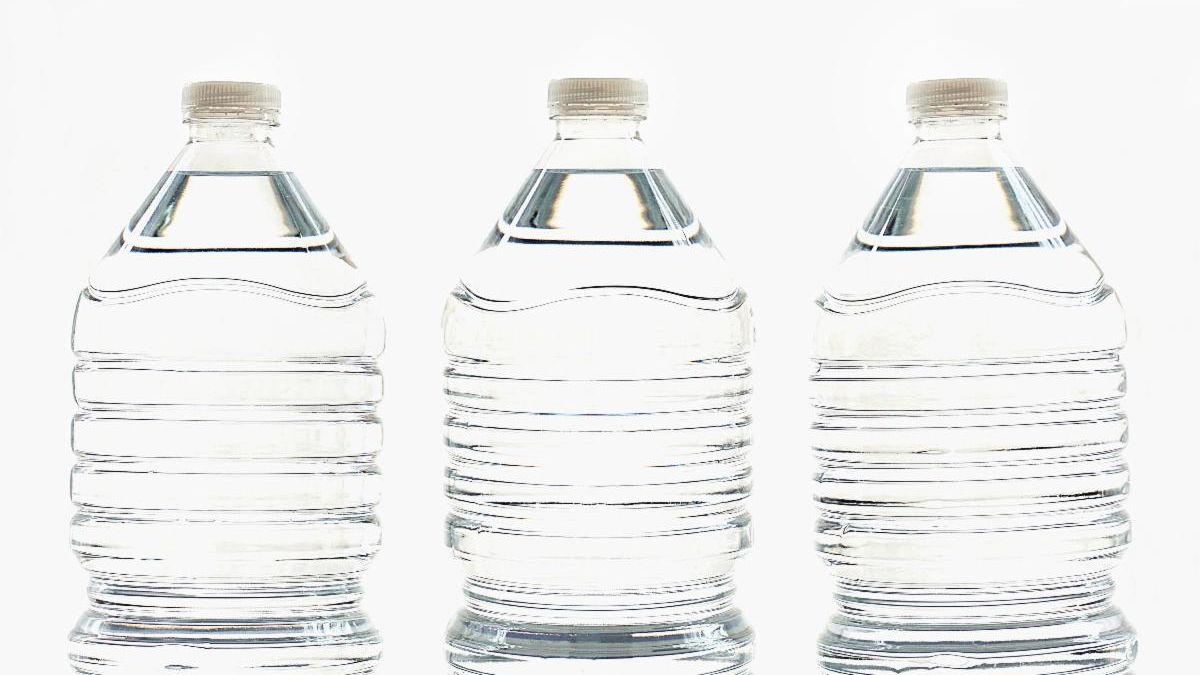
3) Focus on these nutrients whenever possible:
- Calcium – Helps you maintain strong bones and teeth, and plays a key role in the function of the circulatory, muscular, and nervous systems. Dairy is an excellent source of calcium, and provides vitamin D as well, which is especially important if you can’t get outside much right now.
- Protein – Aside from being a building block for muscles, it’s critical for cell growth and repair. If you had a c-section, increased protein intake will help you heal. Forms of lean meat, poultry, eggs, and tofu are all good options, and dairy is an excellent source of protein as well.
- Carbohydrates – These are the first responders to meeting and replenishing energy needs, much of which is zapped by breastfeeding. Aim for whole grains whenever possible. Fresh fruits are also an excellent form of carbohydrates, and provide many additional nutrient benefits!
- Healthy Fats – These helped fuel your baby’s brain development during pregnancy, and they’re a necessary component to any healthy diet. Nuts, nut butters, salmon, and avocados are all great examples. Look for UNSATURATED fats, and keep it around 30% of your daily intake, whenever possible.
- Fiber – A crucial component to stave off constipation, and helps keep your gut healthy. Go for whole grains, fruits, leafy greens, and legumes whenever possible.
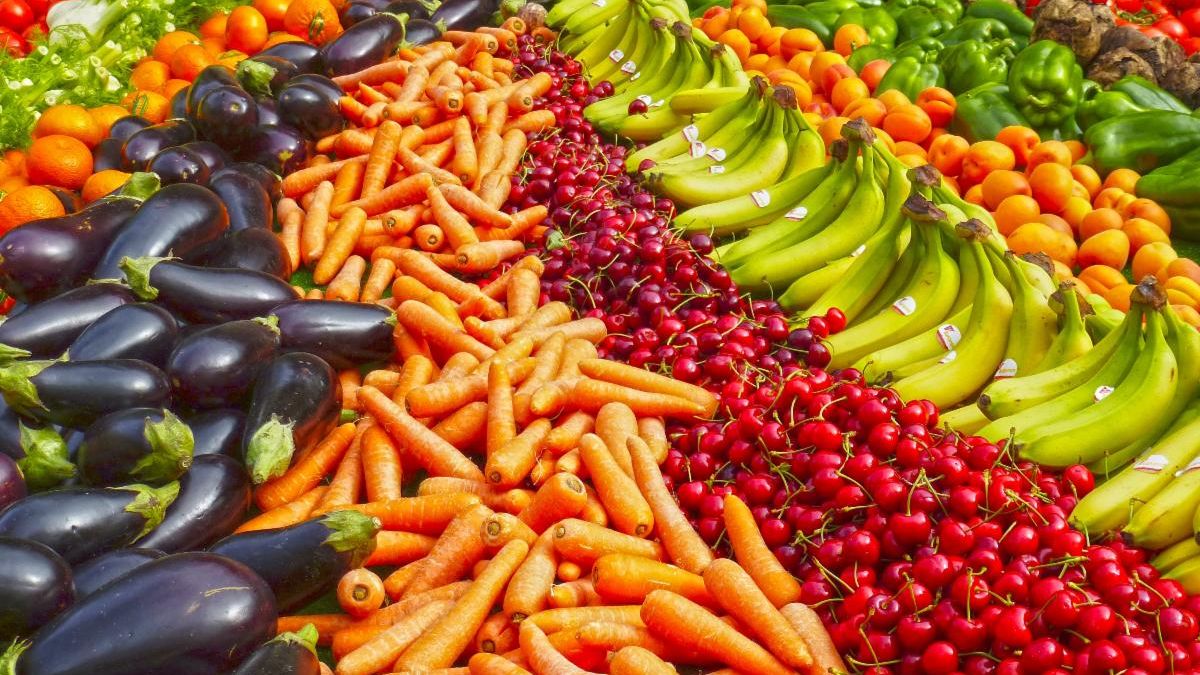
4) Shelf stable food is your friend!
- Virus or not, as a new parent, trips to the grocery store are often limited, and it’s okay to rely on shelf stable ingredients. If you’re camped out in the NICU, grab and go items may be your only option. There are a couple key things you can do to embrace these items and still eat well.
- Avoid sodium – You may find yourself feeling a little puffy after giving birth. In addition to upping your fluid intake, reducing sodium in your diet is key to lessening flushing the excess fluid from your system. Buying low sodium, or ‘no salt added’ products is best, but even just rinsing canned vegetables before adding them to your dishes can go a long way toward reducing sodium intake.
- Limit added sugars and saturated fats – It’s important that your calories come from nutrient rich foods as often as possible, to provide energy, support your immune system, and help you heal, so limit the “empty calories” when you can. Always check your food labels, and look for whole food options with a limited number of added ingredients whenever possible. Purchasing a bag of plain brown rice, plain frozen veggies, or a ‘no sugar added’ fruit cup, instead of a pre-seasoned or sweetened package, is both economical and healthier.
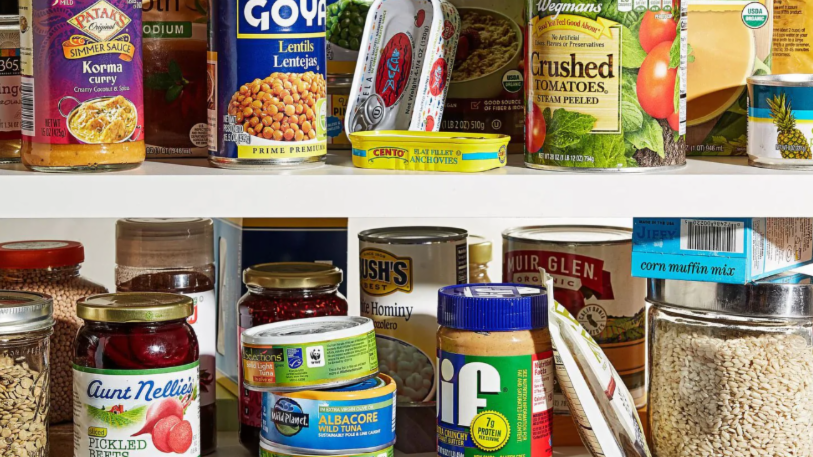
If you’re currently staying in the NICU…
- Make sure that you have SOMETHING to keep on hand, even if you might not be hungry right at that moment. In the absence of having food available around the clock, plan ahead and grab an extra snack for when you need an energy boost.
- If you have a dietary restriction, please visit with a member of your care team to explore alternative options.
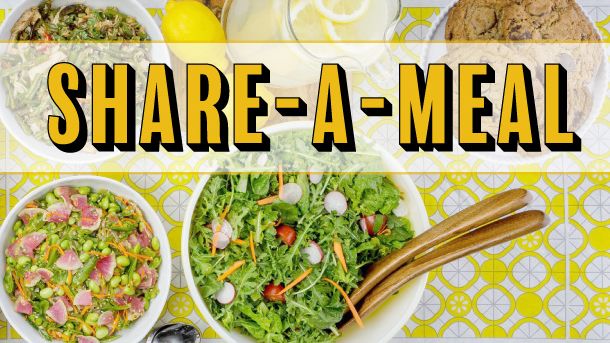
Again, this is NOT a time for perfection. Do not get overwhelmed and feel like you have to do every bit of this immediately and always. Set realistic goals for yourself. Aim to drink an extra glass of water today, and a little more tomorrow. Go to your kitchen or the NICU food cart and choose a yogurt cup instead of a bag of chips. Set an alarm so you don’t sleep through meal time. Minor changes go a long way, and small victories each day lead to lasting healthy outcomes for both you and your baby.
The First Years program is made possible by a grant from AbbVie through RMHC Global. Classes are currently being taught via e-Newsletter while our Ronald McDonald House remains under restrictions because of COVID-19. We encourage you to share this post with anyone you feel might benefit, as we continue doing our part in helping families make the most of the medical care their children are receiving.
